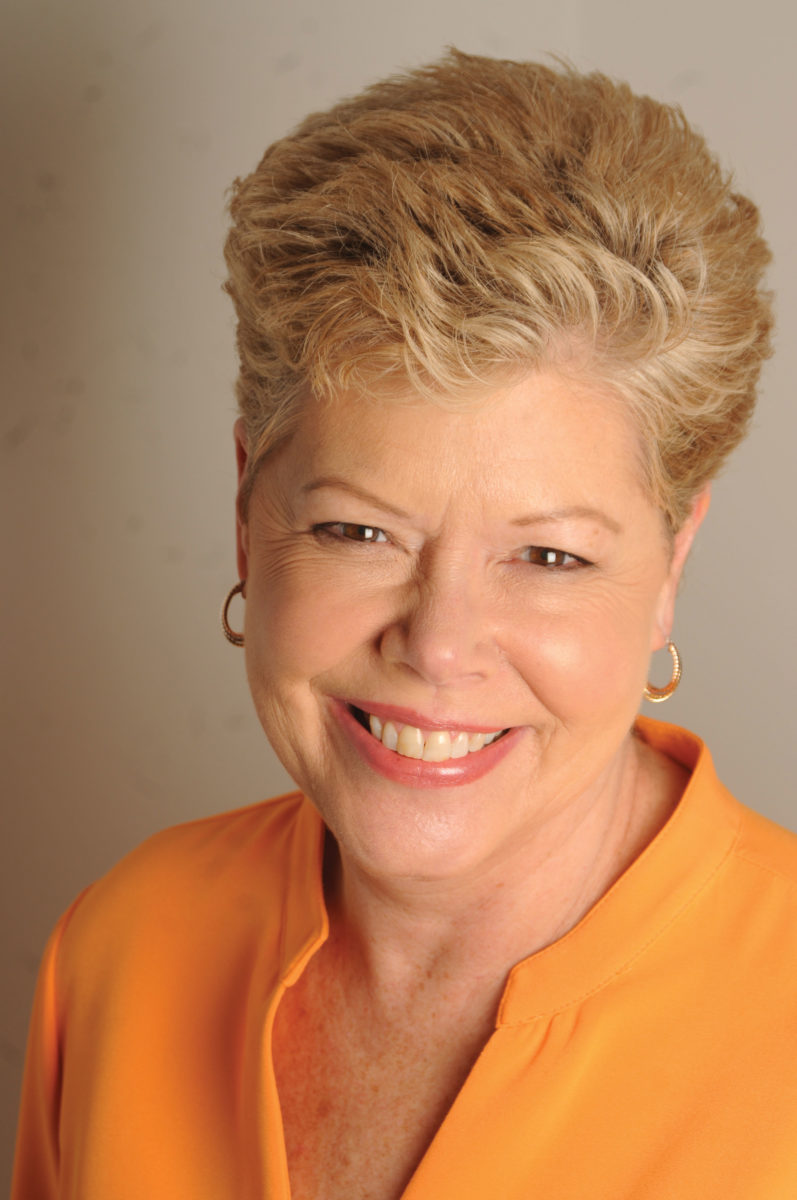On the Job Hunt after Cancer
What You Need to Know for Job Search Success
by Julie Jansen
A job search is challenging for anyone. If you are a cancer survivor, you may feel even less confident. However, having a plan in place before you start looking for a job will help build your confidence. Here are some tangible tips and techniques for conducting a successful job search in what is the one of the most competitive job markets in U.S. history.
Packaging Yourself
Before you even think about updating your résumé or going on interviews, it is important to take a personal inventory of your experience, achievements, abilities, and interests. If you aren’t clear about who you are and what you want, it will be difficult to explain this to your network and interviewers. Also, many cancer survivors are much more focused on doing work that is meaningful to them because of their cancer experience. Therefore, it is crucial to be able to explain how you will effectively transfer your skills to a different job or industry.
Your Résumé
The primary goal of your résumé is to describe your experience and accomplishments in a way that makes a prospective employer want to schedule an interview with you. A résumé is not a job description, so keep your tasks and responsibilities limited to a brief paragraph underneath your title and use the rest of the space under each job to list your accomplishments and how they made a positive difference to your department or company. A necessary element of a contemporary résumé is a brief paragraph under your contact information that summarizes your work experience and adds some personality.
Pro tip:
Despite the persistent myth that a résumé should only be one page,if you have worked two or more years, then a two-page résumé is the rule of thumb.
Most companies use applicant tracking software to scan your résumé first before a human reads it, so adding keywords to your résumé will increase your chance of getting an interview. Use technical or functional words, such as “project management,” “event planning,” and “website design,” rather than clichéd phrases like “effective communicator” and “team player.” Try to match the keywords that are listed in the job posting you are applying to. Talking about some of your personal qualities in your summary, however, is a good idea. Just be sure to use more original language; for example, “clear and transparent communicator.”
96% of employers and recruiters use LinkedIn to search for job candidates.
Absolutely add volunteer experience to your résumé, especially if you have a gap in time because you took a leave while you were in cancer treatment or were laid off. Just be sure that you list achievements for your volunteer experience, just as you would for your paid jobs. Also, leave the months off your employment dates so someone reading it doesn’t waste time counting the years you worked in each job.
One final tip: Despite the persistent myth that a résumé should only be one page, if you have worked two or more years, then a two-page résumé is the rule of thumb.
A 2018 survey on social media recruiting conducted by candidate recruiting platform Jobvite found that 96 percent of employers and recruiters use LinkedIn to search for job candidates. LinkedIn is an online social network for business professionals. You can sign up for a free membership at LinkedIn.com. LinkedIn allows you to create a basic profile that includes your photo (a simple headshot is fine!), summary (you can use the same one you have on your résumé), work experience, education, and volunteer experience. This profile is then searchable by job recruiters and potential employers.
One of the most essential elements of LinkedIn is the Skills and Endorsement section where you can add up to 50 keywords and phrases. Doing this will increase your opportunity to be found by companies. Finally, asking a few of your former bosses, colleagues, or clients to write a recommendation about you is a good idea. Employers do read these!
Interviewing
Interviewing is nerve-wracking for most people. Preparation is key to feeling more comfortable answering questions – and to being invited back for another interview. What is most important to an employer is how a candidate can solve their problems and meet their needs. However, companies are also interested in how you would fit in with their specific culture, so be sure to research the company as much as you can so you can drop strategic comments about the company during your interview. Doing your homework on the company will also help you to ask smart, thoughtful questions.
Prepare your answers to standard, tough questions such as “Tell me about yourself,” “What are your strengths and weaknesses?” and “Describe a time when you failed.” Tell stories about your achievements, and use examples – but keep them brief and meaningful. Stay composed, and don’t let an interviewer’s quirky questions rattle you.
For example, if you are asked what your grade point average was when you graduated from college 25 years ago, don’t argue or develop an attitude. Unless questions or requests are discriminatory, then go with the flow.
Speaking of discrimination, you are not obligated to share the fact that you had cancer, and a prospective employer cannot legally ask you this question. However, this can sometimes happen, and you will have to decide ahead of time what your response will be. It is also advisable to come up with a brief answer to possible questions about gaps in your work history and practice it out loud with your family and friends so it becomes second nature. With any uncomfortable question, avoid rambling by first thinking about what your key message is and then turning the conversation back to how you can make a positive difference for your potential employer.
Finally, at the end of your interview, say, “Is there anything we didn’t discuss that you would like to hear about to help you make your decision?”
Landing the Job
The thought of looking for employment after cancer can be a frightening one. However, the good news is that many companies are hiring, and you only need one job! Now that you are armed with these job-hunting tips, you’re more prepared than ever to land that job you’re after.

Julie Jansen is a career coach, résumé and LinkedIn profile writer, and the author of I Don’t Know What I Want, But I Know It’s Not This: A Step-By-Step Guide to Finding Gratifying Work, 3rd Edition. Her website is JulieJansen.net.
This article was published in Coping® with Cancer magazine, March/April 2019.


